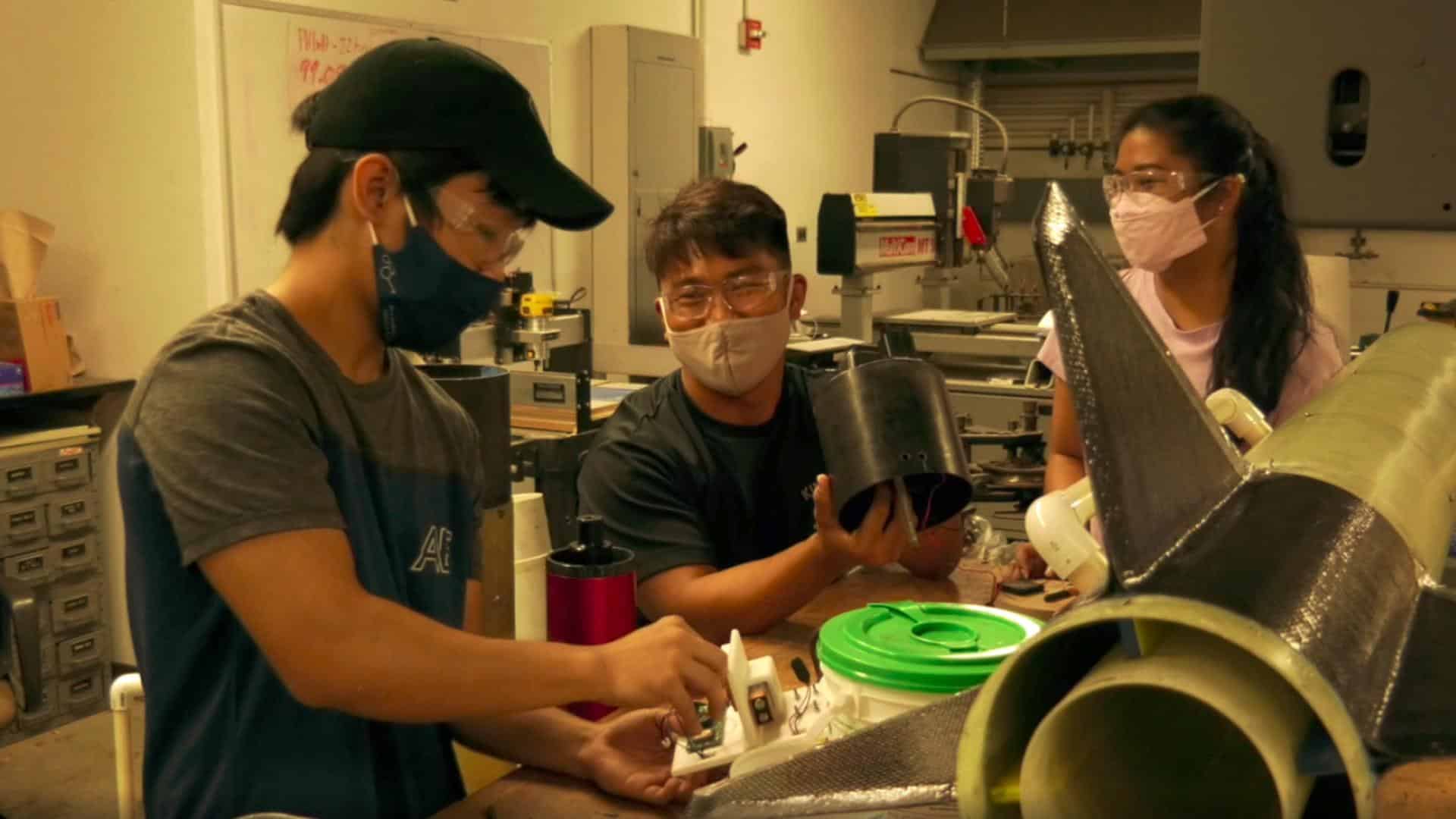WHAT: University of Hawaiʻi at Mānoa College of Engineering students and members of Team Hōkūlele will launch their rocket and payload in the Friends of Amateur Rocketry (FAR) 1030 Competition.
The students will launch their 15-foot rocket called Kuamoʻo (Milky Way) in the competition’s 30,000-foot category, a cruising altitude for some commercial airplanes. Along with the altitude requirement, their objectives are to: launch the rocket with live video, deploy a rover vehicle upon landing and recover all components in reusable condition.
WHERE: FAR rocketry range near Edwards Air Force Base in Mojave, California
WHEN: June 5, 2021
WHY: Team Hōkūlele students have been working on Kuamoʻo for more than two years as they were unable to compete last year due to the COVID-19 pandemic. The competition allows the students to put their designs to the test and gain real-world experience in aerospace engineering.
Additional details:
- Kuamoʻo is the first two-stage/motor rocket for Team Hōkūlele, which was established in 2019.
- The rocket is designed to reach a height of at least 30,000 feet and safely protect all of its components from liftoff to touchdown. The team also created a radio-controlled rover capable of traveling a distance of at least 10 feet after touchdown, and needed to ensure that the rover and its deployment system are durable enough to survive any sustained impacts.
- Two members of the current team, traveled with the 2019 teamto compete at the Spaceport America Cup competition in New Mexico. The students successfully launched their rocket named Kahekili with two experimental payloads.
- Team Hōkūlele is part of UH Aerospace Technologies, one of more than a dozen Vertically Integrated Projects or VIPs offered to students at UH Mānoa. VIPs are uniquely designed to include faculty mentors, graduate student researchers and undergraduates from freshmen to seniors. The more experienced members mentor newer members, passing down their knowledge and expertise, and the process repeats itself annually.
- Team Hōkūlele comprises two separate groups: VIP students and students from a Department of Mechanical Engineeringsenior design course.
- They are mentored by UH Mānoa’s Hawaiʻi Space Flight LaboratorySpecialist and Project Manager Trevor Sorensen, and Assistant Specialist and Deputy Director Miguel Nunes.
- Team Hōkūlele received approximately $12,000 in funding and support from several organizations, including the College of Engineering, Undergraduate Research Opportunities Program, Engineers Council of the University of Hawaiʻi, RM Towill Corporation, Fiberglass Hawaii, Pacific Instruments, ʻIolani School, Coffman Engineers, Hawaiian Dredging and Universal Manufacturers. Pacific Air Cargo supported the project by providing transportation for the rocket and its support equipment from Honolulu to Los Angeles and back.


